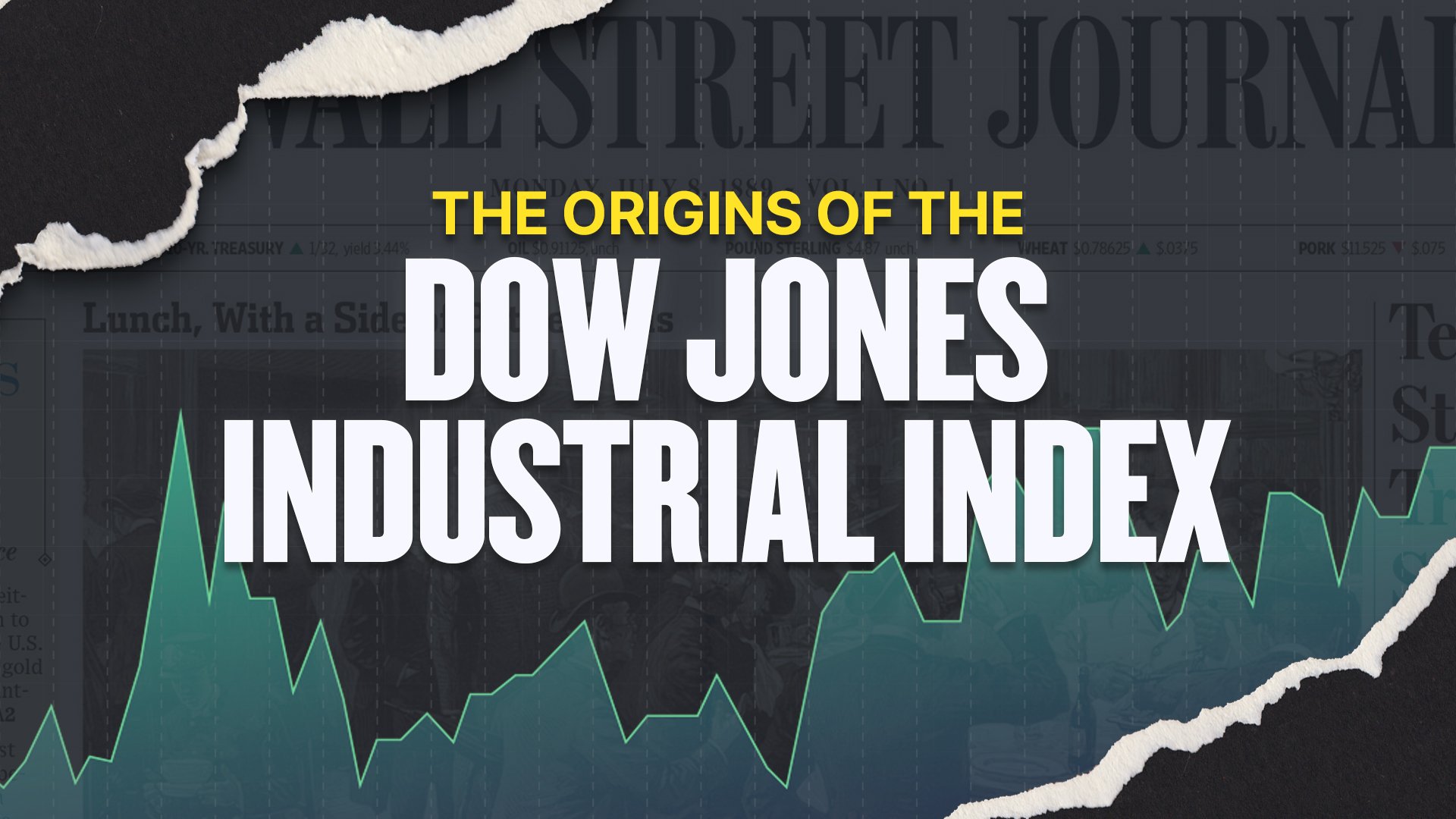In the bustling streets of New York City, amidst the clamor of commerce and the whispers of wealth, a financial benchmark was born that would come to symbolize the might and momentum of American industry. This benchmark, known as the Dow Jones Industrial Average (DJIA), began as a simple idea in the minds of two financial reporters, Charles Dow and Edward Jones.
A Visionary Creation
The year was 1896, and the American economy was teeming with industrial activity. Factories hummed, railroads connected distant corners of the land, and the spirit of innovation was palpable in the air. It was in this era of rapid industrialization that Dow and Jones envisioned a composite index that would reflect the overall health of the industrial sector.
The Initial Composition
The original Dow Jones Index was a far cry from the complex financial instrument we know today. It comprised a mere 12 companies, a selection that represented the giants of the industrial landscape. These were titans of their time, companies that dealt in coal, sugar, tobacco, and railroads. The index was calculated based on the average stock price of these companies, providing a straightforward glimpse into the industrial economy’s performance.
Evolution Through Time
As the years rolled by, the DJIA evolved, mirroring the changes in the American economy. Companies came and went, reflecting the dynamic nature of industry and commerce. The index grew to include 30 companies, a number that remains constant to this day, though the constituents have changed dramatically.
A Barometer for the Economy
The DJIA has become more than just a measure of industrial companies. It is now seen as a barometer for the broader economy, encompassing a range of sectors from technology to healthcare. Its movements are watched closely by investors and policymakers alike, serving as a gauge for economic confidence and a predictor of market trends.
The Role of the DJIA Today
Today, the DJIA stands as one of the most recognized financial indices in the world. It is a symbol of American economic prowess and a testament to the enduring legacy of its founders. The index continues to adapt, incorporating the leading companies of the modern era and serving as a beacon for investors navigating the ever-changing tides of the stock market.
Conclusion
The story of the Dow Jones Industrial Average is a tale of vision, adaptation, and resilience. From its humble beginnings to its current status as a financial icon, the DJIA remains a cornerstone of the investment world, a reminder of where the market has been and a signal of where it may be headed.
